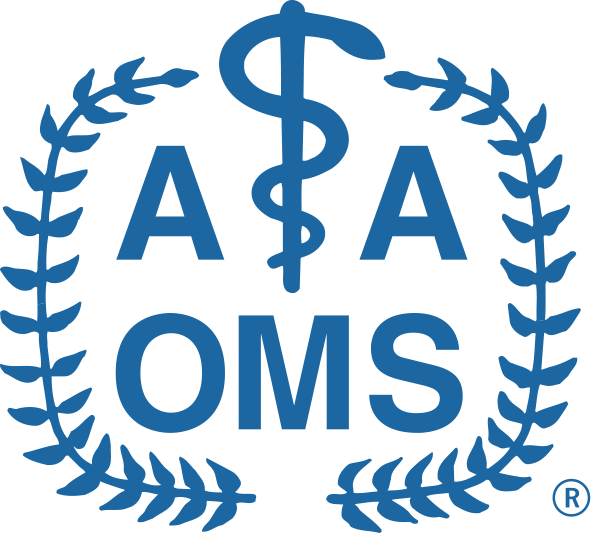Explore a Future in Oral and Maxillofacial Surgery
Oral and maxillofacial surgery is one of the most dynamic professions in healthcare today. While the future demand for dentists is expected to continue its steady growth of the last two decades, many dental students consider pursuing a specialty.
As one of 12 dental specialties to choose from, oral and maxillofacial surgery offers numerous ways to make a lasting difference in a patient’s life.
Oral and maxillofacial surgery is the surgical specialty of dentistry. It is defined by the American Dental Association as the specialty which includes the diagnosis, surgical and adjunctive treatment of diseases, injuries and defects involving both the functional and esthetic aspects of the hard and soft tissues of the oral and maxillofacial region.
As respected and valued members of the healthcare team, oral and maxillofacial surgeons (OMS) maintain active staff privileges with local and regional hospitals and practice in a variety of settings including private clinical practice, ambulatory surgical centers and hospitals. Other opportunities are available in academia, military service or in dental research and industry.
Training Programs
AAOMS supports oral and maxillofacial surgery education and career development through a wide variety of programs and publications.
OMS Residency is GME Funded
Many dental students considering a specialty program are concerned about accruing additional debt. The OMS residency is supported by federal funding for direct graduate medical education (DGME) and indirect medical education (IME). As a result, the OMS resident in a hospital-based residency program accrues limited or no additional education-related debt, as residents are paid a stipend for 4 years from Graduate Medical Education (GME) funds that enable them to support their living costs. This is not the case for all dental specialties. One exception is that in some MD integrated programs, tuition is required for the years in medical school.



